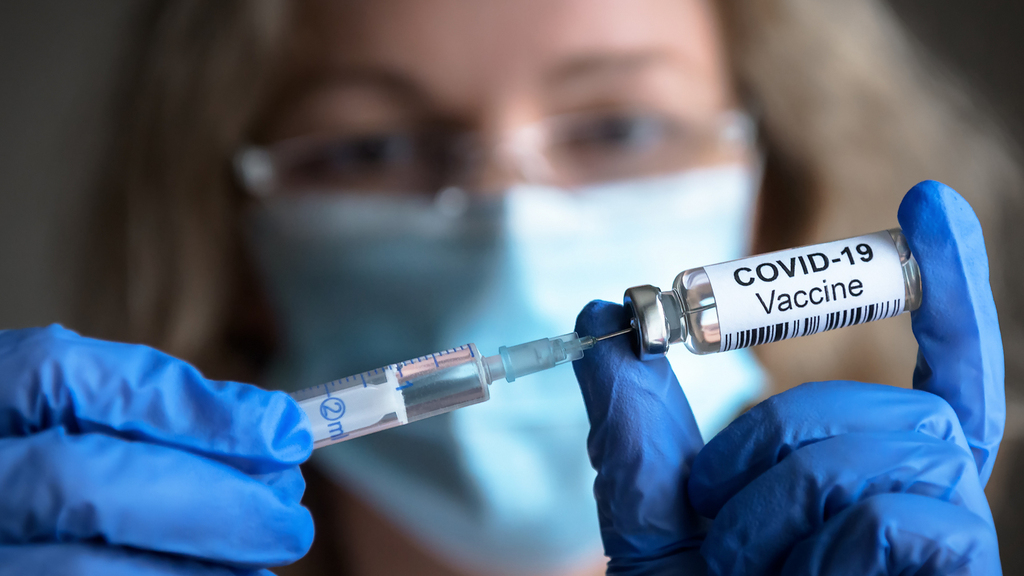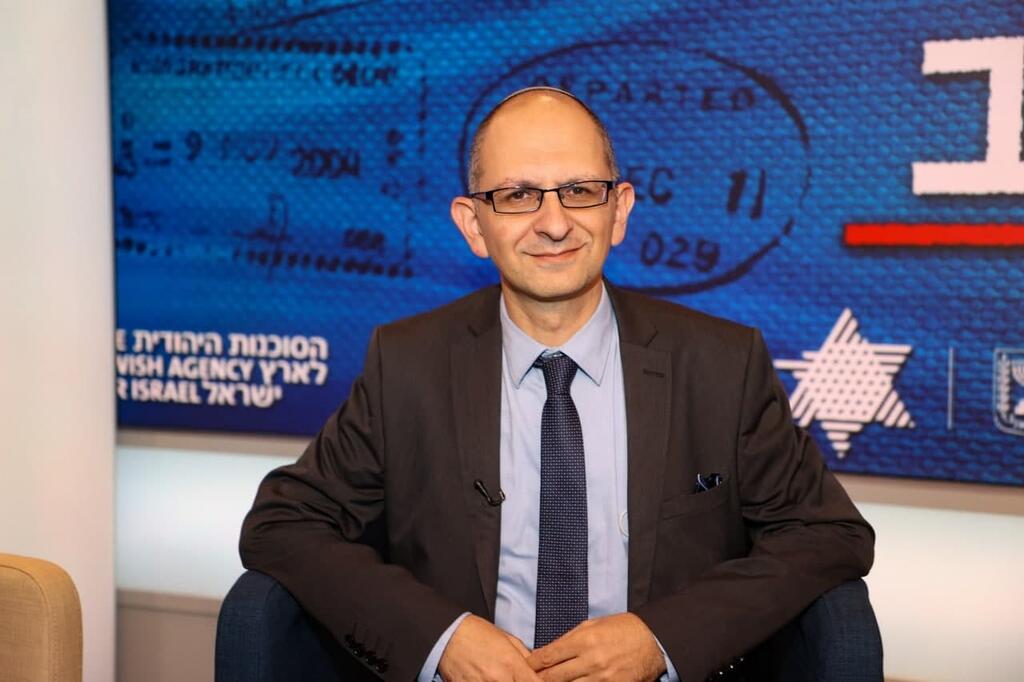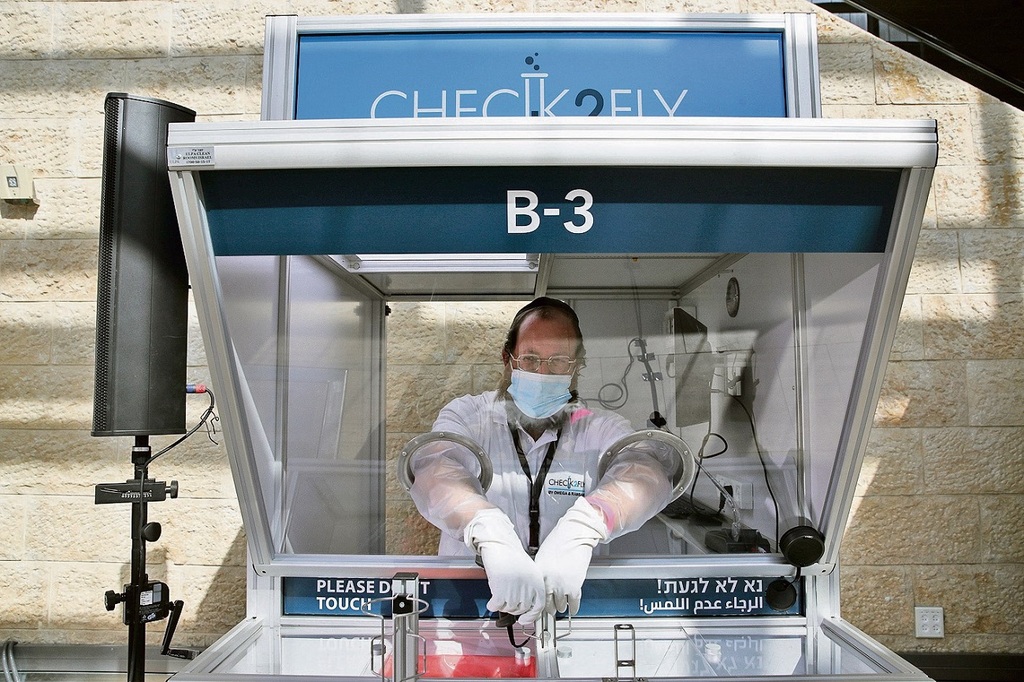The arrival of a subvariant of the Delta strain of the coronavirus in Israel could signal the start of the fifth infection wave in the country, a senior immunotherapy specialist said Wednesday.
Health officials on Tuesday evening reported the first case of the highly contagious AY.4.2 variant has been identified in Israel, just as the current fourth infection wave appears to have retreated.
The carrier has been identified as an 11-year-old boy who tested positive for the strain upon returning from Moldova.
The variant was discovered as Israel considers loosening restrictions on tourism following a drop in cases.
It has recently been detected in several European countries and is believed to have fueled a resurgence of the virus in the UK, where it now makes up for over 10% of all cases.
Head of Bar-Ilan University's Laboratory of Tumor Immunology and Immunotherapy Prof. Cyrille Cohen told with Ynet although the variant did not originate in the UK, it has developed mostly there.
"It is still unclear how contagious this variant is, but the fact that it has already reached 10% of all cases in England, should raise a red flag," said the professor.
According to Cohen, despite the fact that only one case was officially identified in Israel, it is safe to assume there are others that are yet to be discovered.
"We can assess that those who carry the variant are those who came back from abroad. As much as we are able to conduct PCR tests for all those who return to Israel, to my estimation and to estimation of many others, it is not enough," said Cohen.
"It could be that when you arrived at Ben Gurion Airport you may have tested negative, but you could have been infected on the plane, maybe the day before or the day after. That's why I think we should recommend another test after four days upon the return to Israel," added Cohen.
Francois Balloux, professor of computational systems biology at University College London, said earlier the subvariant is rare and does not appear to pose the same risk of significantly increased transmission as other strains.
AFP contributed to this report




